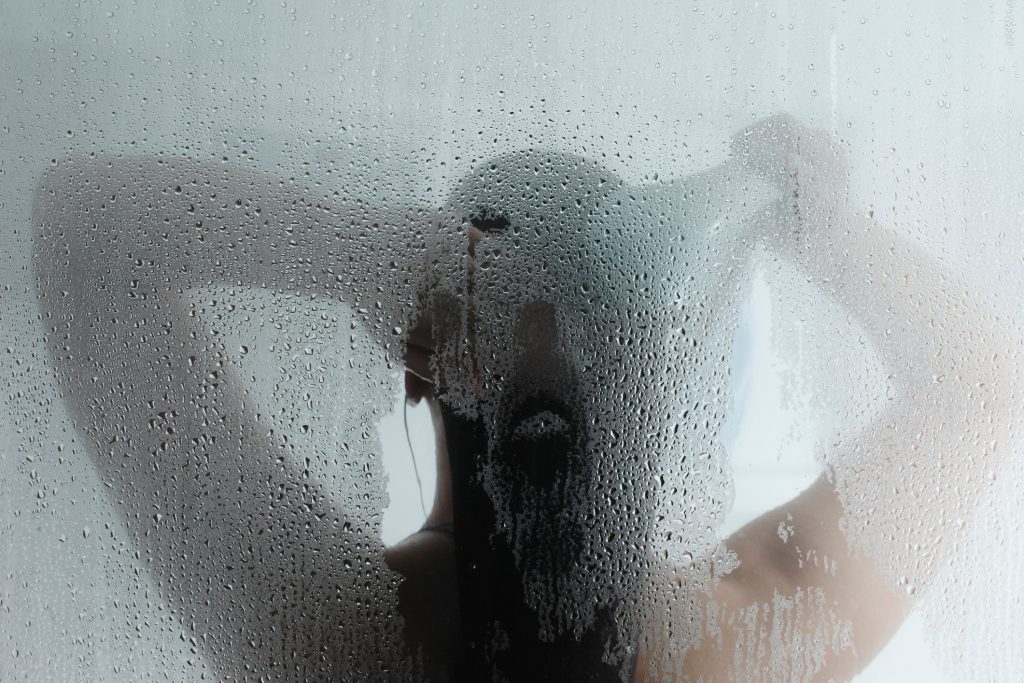Some days, we’re so sweaty post-workout or a long day in the sun that we can’t wait to hop into a cool, invigorating shower. Other days, we’re frozen to the bone and turn the water temperature to July-in-Arizona levels of hot.
As you fine-tune your ideal shower scenario, do you ever wonder if there’s an optimal water temperature for your health? Turns out, there is! And knowing what it is can help you score a more restful night’s sleep, combat dry skin, reduce post-workout aches and pains, relieve cold and flu symptoms, and more.
Read on to learn how to optimize your shower habits for improved mental and physical health.
Optimal Shower Temperature
Hot water is typically described as somewhere between 110°F and 140°F. However, you should never turn your shower or bath water anywhere near 120°F due to the risk of a serious burn injury.
Cold water is generally defined as 60°F to 80°F, though it can be even lower. A shower that’s too cold (below normal body temperature) for too long can put you at risk for an abnormal heart rate and hypothermia.
The ideal shower temperature, according to most dermatologists, is anywhere between 98°F and 105°F. Lukewarm water allows you to stay comfortable while showering and maintain a steady body temperature. An easy way to tell if you’ve cranked up the heat a little too high is to check the color of your skin – water that is hot enough to turn your skin red is too hot.
Benefits of Hot Showers
- Promote heart-health thanks to increased blood flow via wider blood vessels.
- Reduce joint and muscle pain, especially among those with osteoarthritis, due to enhanced blood flow.
- A warm shower an hour before bed can help promote relaxation and signal the body that it’s time for bed.
- Hot showers wash away dirt and bacteria easily.
- The steam from a hot shower helps alleviate cold and flu symptoms by opening up airways, relieving congestion, and quieting coughs.
Drawbacks of Hot Showers
- Hot water causes the protective lipid barrier on the skin to essentially wash away, leaving the skin itchy, dry, tight, and uncomfortable.
- Those with eczema and other inflammation-related skin conditions should avoid hot showers as they can be quite irritating to the skin, causing local inflammation.
Benefits of Cold Showers
- Reduce inflammation, pain and swelling, as well as muscle spasms due to improved blood circulation.
- Potentially increased metabolism when taken briefly at around 57°F.
- Reduced levels of the stress hormone, cortisol.
- Helps bring down a high fever.
- Smooths the hair cuticle, leading to healthier looking and feeling hair.
Drawbacks of Cold Showers
- A cold shower is not a good idea if you’re already cold since it can increase the amount of time it will take for your body to warm back up.
- Not recommended if you aren’t feeling well as it can have an adverse effect on your immune system.
Whether you prefer your shower piping hot, teeth-chattering cold, or somewhere in between, you can’t enjoy it without a steady, dependable supply of water. If the water coming out of your faucets or showerheads is more like trickle, or your water heater can no longer keep up with your family’s hot water demands, contact Messmer Mechanical today.





